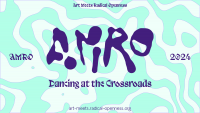On the 4th of June 2021, the large group of partners from all over Europe met online to officially start the INCULTUM project. The core activities are about researching and empowering cultural tourism in peripheral areas, also unlocking their potential by the implementation of a series of local pilot projects.
Spanning from North to South and including a variety of natural and historical sites, the pilots will enable cross border collaborations and innovative approaches to sustainabel tourism and development. In facst, tourism is more than travelling and consumption: it is a way to learn and improve oneself, to enrich one’s vision and improve mutual understanding. Thus it has great potential when it comes to culture, nature, knowledge and personal experiences.
Discover the INCULTUM Pilots: https://incultum.eu/pilots/
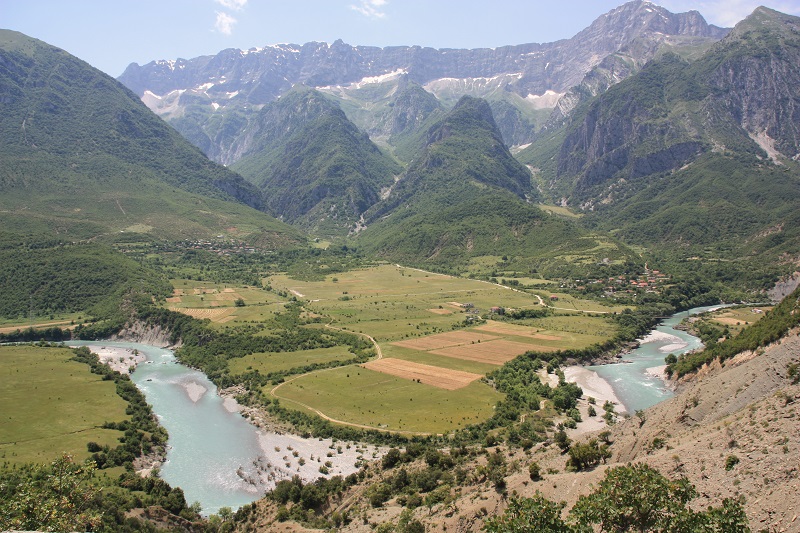
Nemercka Mountain in the Vjosa Valley (Albania)
The INCULTUM project deals with the challenges and opportunities of cultural tourism with the aim of furthering sustainable social, cultural and economic development. It will explore the full potential of marginal and peripheral areas when managed by local communities and stakeholders. Innovative participatory approaches will be adopted, transforming locals into protagonists, able to reduce negative impacts, learning from and improving good practices to be replicated and translated into strategies and policies.
The ten pilot cases of living territories and communities will be investigated and on the basis of the findings innovative customised solutions will be co-created. Additionally, pilots will be used to identify and compare drivers and barriers that account for the success or failure of participatory models. Pilots will also allow to assess outcomes and analyse the pre-conditions needed for a future full implementation and scaling up of potential solutions. Pilots will provide new quantitative and qualitative data that will be combined with official statistics and novel data gathered by the use of self-developed IT applications and the exploitation of previously untapped data sources.
The research behind the project will eventually generate recommendations for effective and sustainable policies, and will create new synergies among public and private stakeholders and new investments.
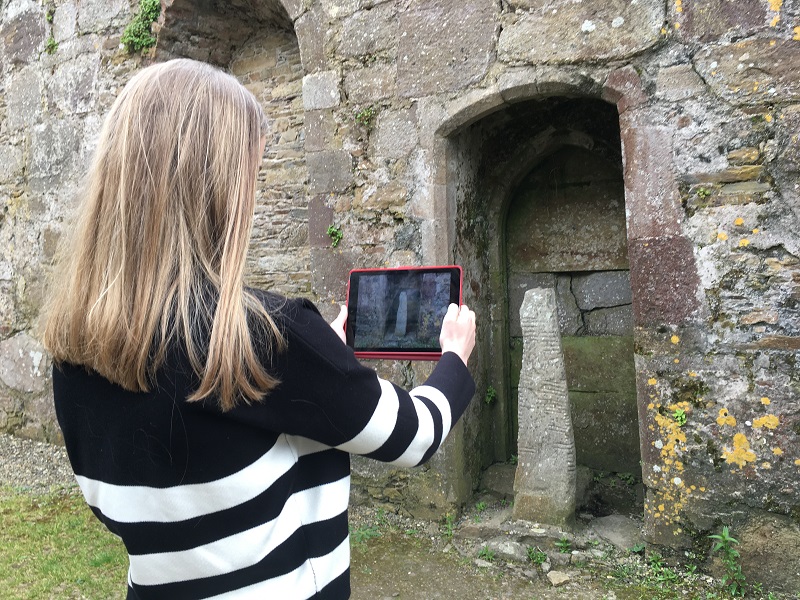
Ireland, photo by John Tierny
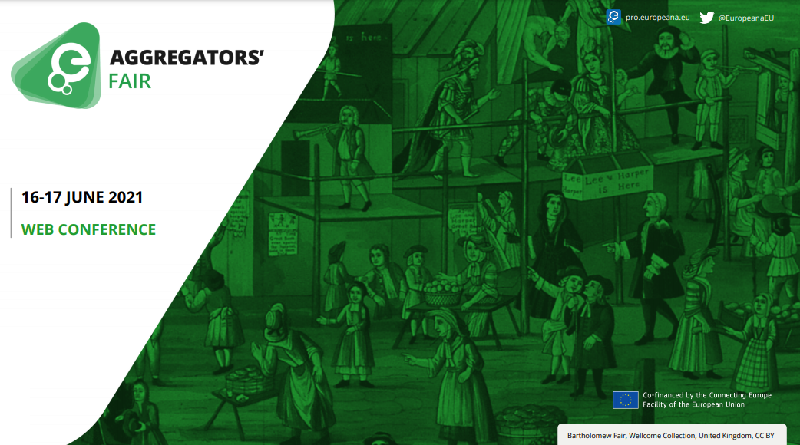 On June 16 – 17, the Europeana Aggregators’ Forum will open their virtual doors to cultural heritage professionals and anyone with an interest in high quality, open cultural heritage content at the Europeana Aggregators’ Fair.
On June 16 – 17, the Europeana Aggregators’ Forum will open their virtual doors to cultural heritage professionals and anyone with an interest in high quality, open cultural heritage content at the Europeana Aggregators’ Fair.

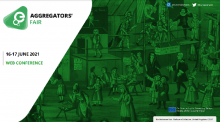
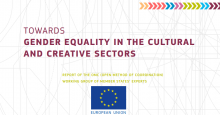
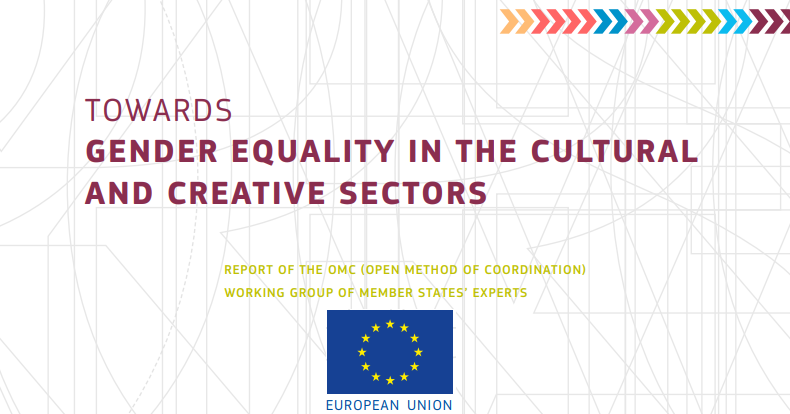 The report “Towards gender equality in the cultural and creative sectors” focuses on the role that culture plays in promoting gender equality and how to achieve gender equality within the cultural and creative sectors.
The report “Towards gender equality in the cultural and creative sectors” focuses on the role that culture plays in promoting gender equality and how to achieve gender equality within the cultural and creative sectors.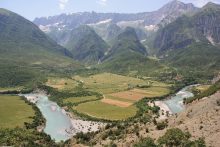


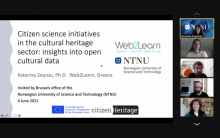
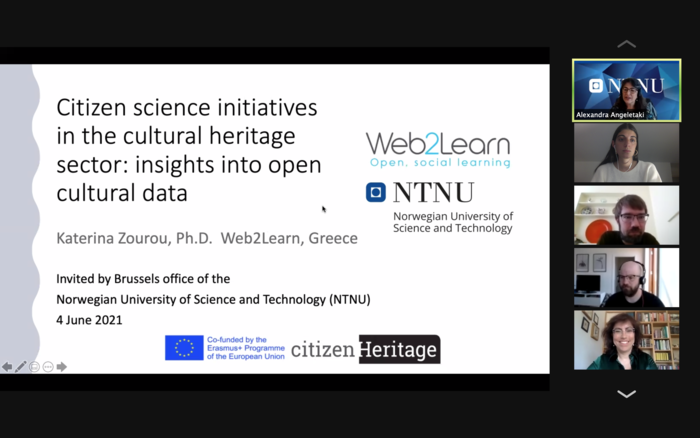

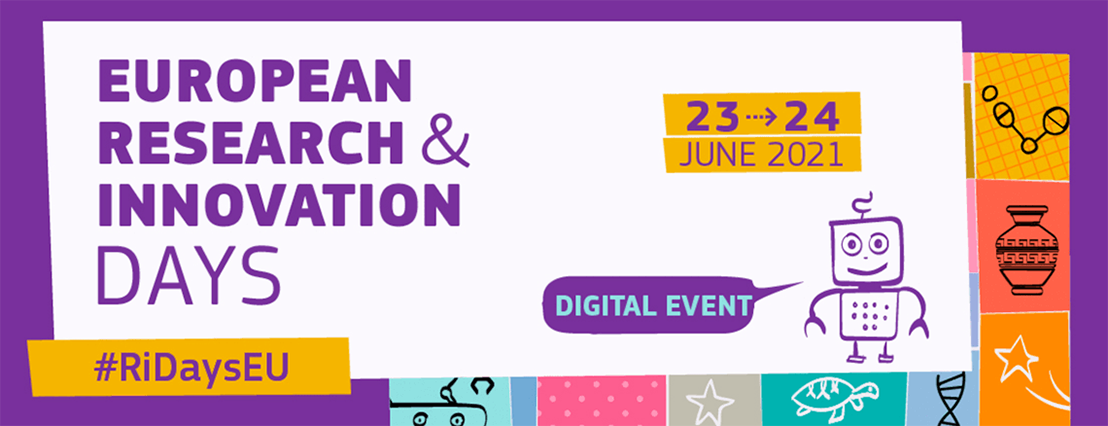 The EU annual meeting has recently opened the door to registration. This second on line edition is planned for the 23th and the 24th June 2021. As every year this Research and Innovation event organised by the European Commission, will bring together policymakers, researchers, entrepreneurs and the public to debate and shape the future of research and innovation in Europe and beyond.
The EU annual meeting has recently opened the door to registration. This second on line edition is planned for the 23th and the 24th June 2021. As every year this Research and Innovation event organised by the European Commission, will bring together policymakers, researchers, entrepreneurs and the public to debate and shape the future of research and innovation in Europe and beyond.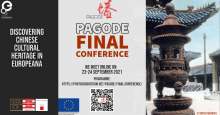
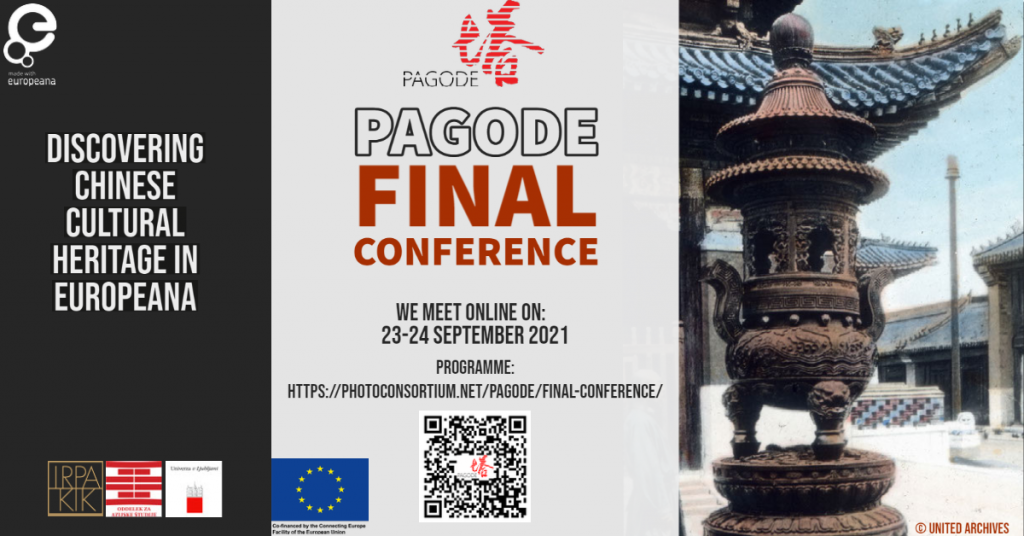
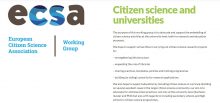
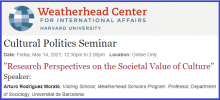
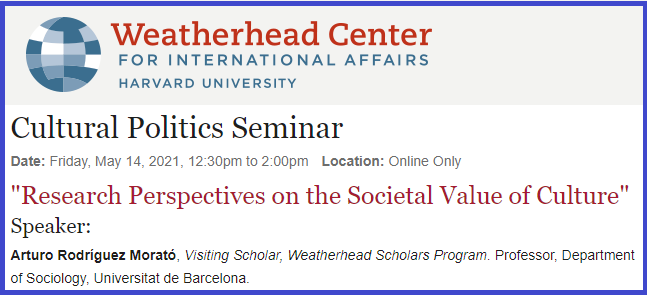 On May 14 2021, Professor Arturo Rodríguez Morató, UNCHARTED project’s Coordinator, gave a lecture on the topic “Research Perspectives on the Societal Value of Culture” at the Cultural Politics Seminar of the Weatherhead Center for International Affairs, Harvard University. The center, active since 1958, it is dedicated to confronting complex international, transnational, global, and comparative issues.
On May 14 2021, Professor Arturo Rodríguez Morató, UNCHARTED project’s Coordinator, gave a lecture on the topic “Research Perspectives on the Societal Value of Culture” at the Cultural Politics Seminar of the Weatherhead Center for International Affairs, Harvard University. The center, active since 1958, it is dedicated to confronting complex international, transnational, global, and comparative issues.
 During the last month, 5 new projects joined the UNCHARTED community, contributing to enrich the exchange of knowledge and expertise in the debate concerning the identification of cultural values and the impact of cultural policies in Europe.
During the last month, 5 new projects joined the UNCHARTED community, contributing to enrich the exchange of knowledge and expertise in the debate concerning the identification of cultural values and the impact of cultural policies in Europe.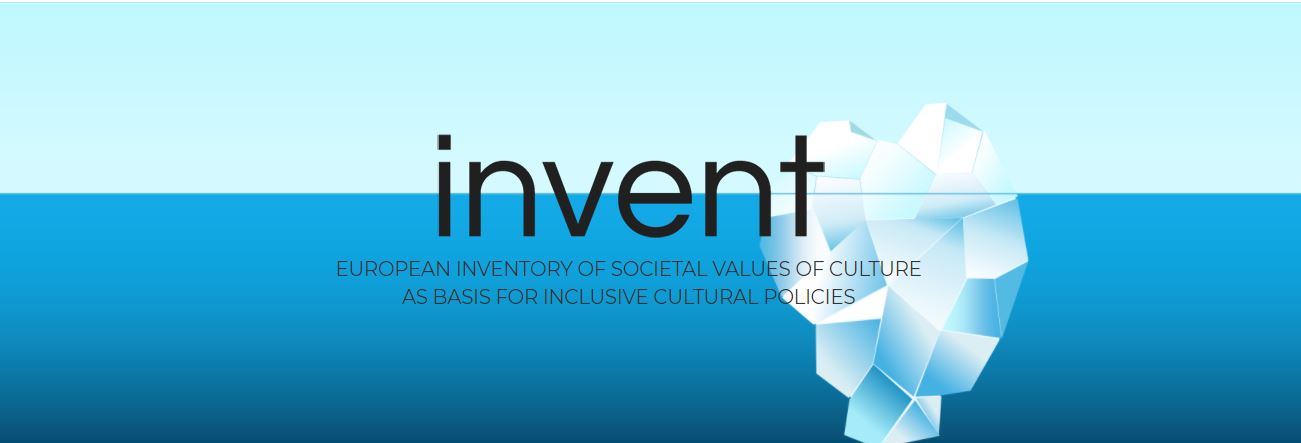

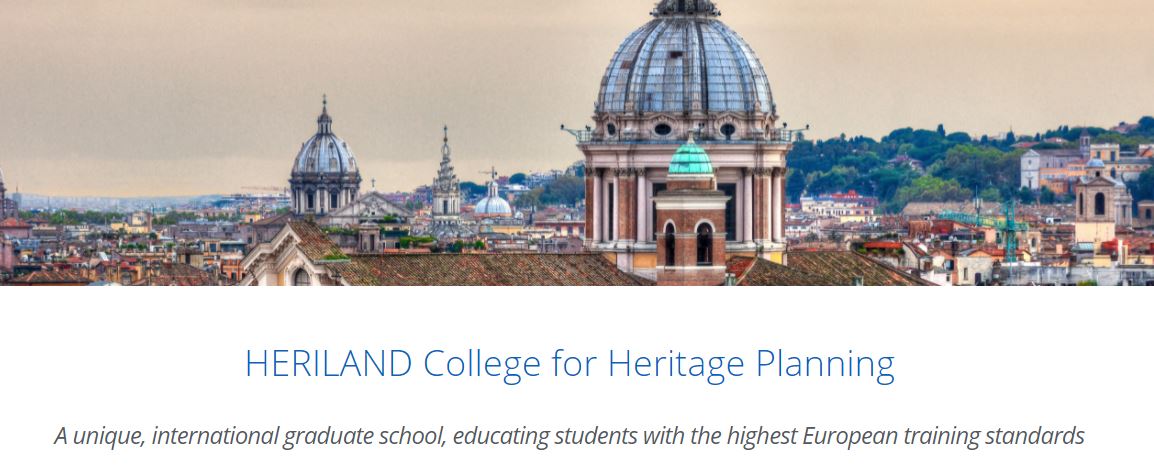
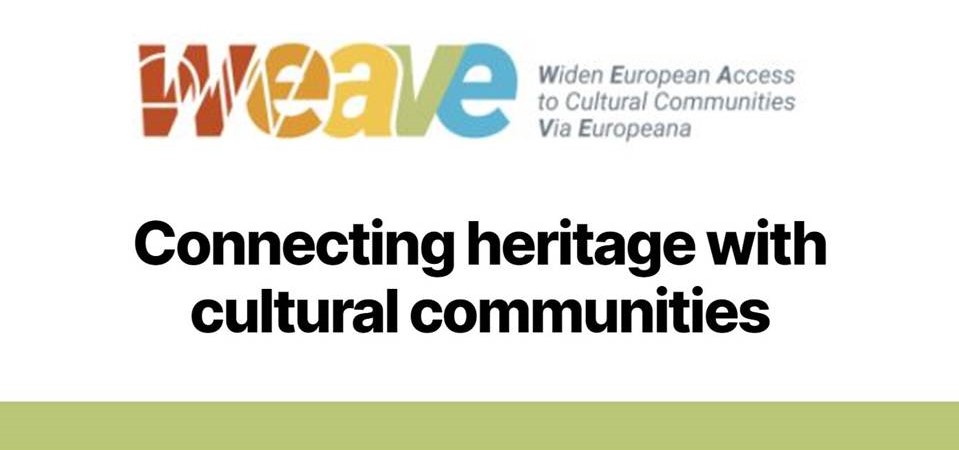
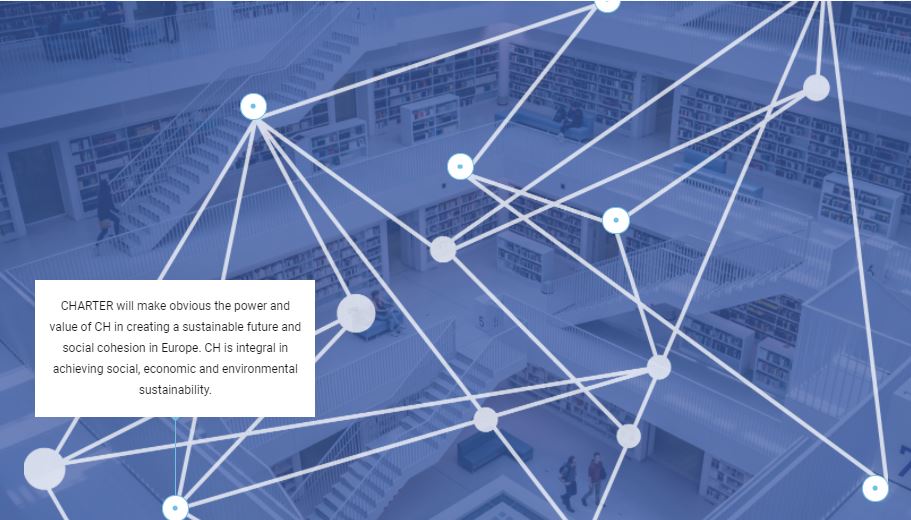
 If you have interesting news and events to point out in the field of digital cultural heritage, we are waiting for your contribution.
If you have interesting news and events to point out in the field of digital cultural heritage, we are waiting for your contribution.














